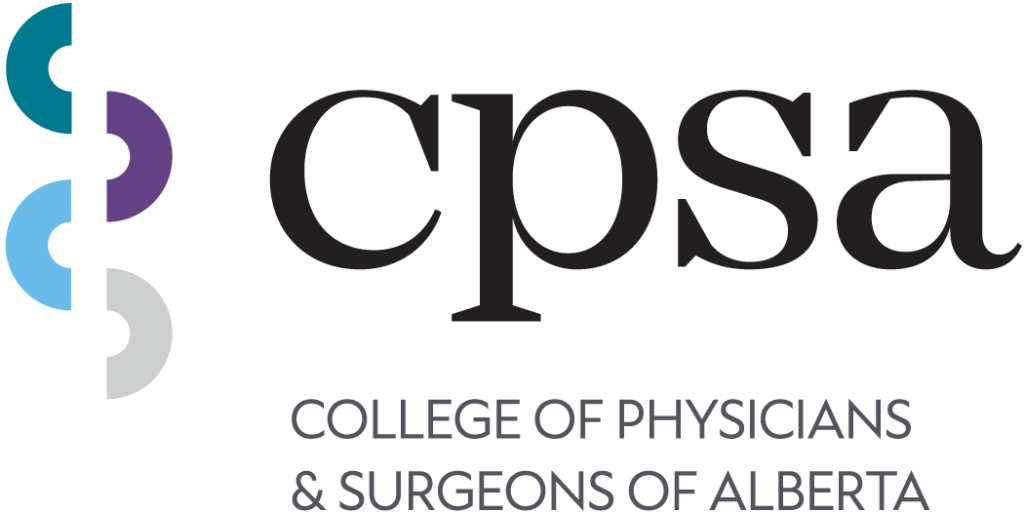The potential for conflict is everywhere. Escalation and high conflict behaviours are almost unavoidable for many professionals working in conflict resolution. Mediators and allied professionals working with parties involved in potentially high conflict mediations need to understand and manage complexity, emotional intensity, and challenges that may arise during a mediation.
Students can choose to take the 14-hour or 28-hour course.
Who Should Take This Course?
Experienced mediators and advanced mediation students with some mediation experience.
Mediators interested in working in the field of separation and divorce, applying for the Separation and Divorce Program Certificate, or working toward a Q. MED Family Designation should take the 28-hour course.
What Will I Learn and What Skills Will I Gain?
Using a trauma informed practice perspective, this course prepares mediators to manage aspects of high conflict mediations, including safety screening, dealing with parties experiencing poor mental health, addictions and substance use issues, strong emotions, and challenging behaviors associated with personality disorders. Mediators will be equipped with the tools to determine whether to proceed, and if so, to mediate what can be high conflict discussions.
Why use a trauma-informed practice approach?
Trauma-informed practice (TIP) is a holistic, non-judgmental, non-blaming approach to working with people. TIP promotes safety, control, choice, and relationship that must start with an awareness of the prevalence of trauma in society – and the high probability that people accessing services and supports have experienced trauma. A TIP approach also recognizes that trauma has systemic and wide-reaching effects on individuals’ development, mental health, and adaptations/behaviours.
This approach is a strengths-based and client-centered approach that is compatible with, and builds on, the values outlined in the ADR Canada Mediation Code of Ethics. This approach is also consistent with interest-based mediation wherein the parties to the mediation remain the experts in their own lives and are the best people to make decisions about and solutions to their problems.
A trauma-informed practice approach to mediation can introduce skills and resources to the parties, as well as identify existing strengths, so that parties to a mediation may have other options to use when encountering conflict in the future.
Goals
- In the context of high conflict and complex mediation cases, students will:
- gain a trauma informed perspective
- develop skills and tools for high conflict mediation
- demonstrate self-awareness and critical self-reflection
- be able to separate the people from problem behaviours
- be able to reflect on perspectives and needs
- recognize areas for future development of their practice skills and competencies
- note limitations and ethical responsibilities in relation to these limitations
Learning Objectives
Students will:
- be introduced to evidence-based content on trauma, mental health, and addictions
- engage in personal and professional self-reflection
- explore ethics
- be introduced to skills and techniques to use in high conflict and complex mediations
- consider professional identity/stance
- *develop a professional portfolio for high conflict mediation practice
- *have an opportunity to practice new skills, as well as demonstrate self-awareness and reflection as part of the student role-play
*28-hour High Conflict Mediation course only
What Can I Expect in Class?
Flexible
This course is designed to be flexible to meet your learning goals. We have created a flexible course where students can choose to take the 14-hour or 28-hour course. The 28-hour course is evaluated and also includes portfolio development, a role-play practice with a self-assessment. Feedback is given on these assignments. The final 14 hours of the 28-hour course is more self-directed and students can expect to spend about 14 hours completing assignments.
Blended
Students will engage in blended online learning (synchronous and asynchronous) to explore high conflict behaviours and complexities from a trauma-informed perspective. For best results, students will explore theory and content through reading, activities, and videos, prior to live sessions. Then, students will engage in discussions with the instructor/facilitator during live sessions.
Student Engagement
Students in both the 14- and 28-hour courses will get more out of the course if they complete all the readings, videos, activities, and participate fully in the live sessions. This is a seminar-style course marked by reflection, informality, and discussion with a focus on student engagement and mutuality.
Students in the 28-hour course will be required to organize a role-play as part of one of the final assignment. In this assignment students are not evaluated on their mediation skills, they will be evaluated on the accuracy of their self-assessment. Students will receive marks based on their reflection, as well as feedback on the mediation skills demonstrated.
Please note: This is not a role-playing course. Students who are successful in high conflict mediation are those who take their professional development into their own hands and are self-reflective about where they are on their learning journey. Part of this means that students are expected to already be practicing their mediation skills as part of their commitment to ethical practice development.
Transformation and Reflection
A primary goal of this course is to not only introduce trauma-informed principles but to integrate new ideas about high conflict and complexities encountered in mediation. Hopefully, these new ideas will lead to new approaches to high conflict and complexities encountered in mediation. Students will be asked to reflect on new information and identify what the new information means for them and their approach to mediation.
What Are the Pre-Requisites?
Students must have completed interest-based mediation training and have some experience mediating. The expectation is that students are already comfortable mediating, as this is an advanced course and does not teach basic mediation skills. While it is not a requirement, we do strongly encourage students to have completed both Foundations, Parenting Plans and Child Support, as well as Spousal Support and division of Property prior to enrolling.
What Are the Costs & Other Details?
Option 1: Understanding High Conflict – 14 hours
$800 Plus GST
Option 2: High Conflict Mediation Managing Conflict & Complexity in Mediation – 28 hours
$1300 Plus GST
Option 1: Understanding High Conflict
14 credit hours – online
In addition to class hours/live sessions, students can expect to spend about 2 hours per week on reading and 1 hour per week on activities to prepare for live sessions
Includes: Course manual and course videos/links, access to forum, four live sessions
Requires: Full attendance and participation in all live sessions. A letter of attendance for “Understanding High Conflict” will be issued.
Option 2: High Conflict Mediation: Managing Conflict & Complexity in Mediation
28 credit hours – online
In addition to class hours/live sessions, students can expect to spend about 2 hours per week on reading and 1 hour per week on activities to prepare for live sessions. The final portion of the course is self-directed and students can expect to spend at least 14 hours on assignments.
Assignments will take approximately 14 additional hours – this depends on learning style and on whether you are currently practicing or just starting out. Students will also be required to arrange and participate in a 75 minute role-play.
Includes: Course manual and course videos/links, access to forum, five live sessions, one role-play (student organized), coach feedback on role-play self-assessment assignment, marking of portfolio.
Requires full attendance and participation in all live sessions; completion of all assignments (self-reflection post, role-play and self-assessment, portfolio). A Certificate for “High Conflict Mediation: Managing Conflict & Complexity in Mediation” will be issued upon successful completion of this course. This course is also part of the Separation and Divorce Mediation Certificate Program.
Timeline:
Pre-course – once you have signed the confidentiality agreement, the materials will be sent to you, and you will also be given access to the course webpage on adralberta.com. You can read the manual, complete the activities in the manual, watch the course videos, and do your 2 forum postings (Introduction Post and Self-Reflection Post – due 48 hours before first live session).
Week 1 – Introduction, Trauma Informed Practice, Ethics (3-hour live session); estimated 2 hours of course reading, 1 hour completing activities.
Week 2 – Mental Health and Illness, Addictions and Substance Use, PTSD, Personality Disorders, and Anger (3-hour live session); estimated 2 hours of course reading, 1 hour completing activities.
Week 3 – Case Development (3-hour live session); estimated 2 hours of course reading, 1 hour completing activities.
Week 4 – Dealing with High Conflict (3-hour live session); estimated 2 hours of course reading, 1 hour completing activities.
A letter of attendance for “Understanding High Conflict” will be issued for students registered for option 1.
In addition to the above, students in the 28-hour High Conflict Mediation: Managing Conflict & Complexity in Mediation students will complete the following:
Week 5 – Portfolio assignment due; No live session
Week 6 – Role-play assignment due: No live session
Week 7 – Assignments marked and returned prior to the final session. No live session
Week 8 – Disengagement & Duty to Report, Sharing key learnings from Portfolio assignment and Role-play Debrief; (3-hour live session)
Where Can I Go from Here?
This is one of three courses required to qualify for the Certificate in Separation and Divorce Mediation.
The certificate program consists of three courses:
- Separation & Divorce Mediation: Foundations, Parenting Plans, and Child Support
- Separation & Divorce Mediation: Spousal Support and Division of Property
- High Conflict Mediation: Managing Conflict & Complexity in Mediation
Full course attendance of all three courses is required to qualify for the Certificate.
Working toward a Q. MED Family, or in the field of family mediation? Apply for the Separation and Divorce Advance Mediation training program. Details on how to apply can be found on our application form.
Those looking for the 14 hour course as opposed to the 28 hour course delivered as part of the Separation and Divorce Advanced Mediation program should contact education@adralberta.com for registration details. If you are looking to sign up for the 28 hour course, please complete the application form.









